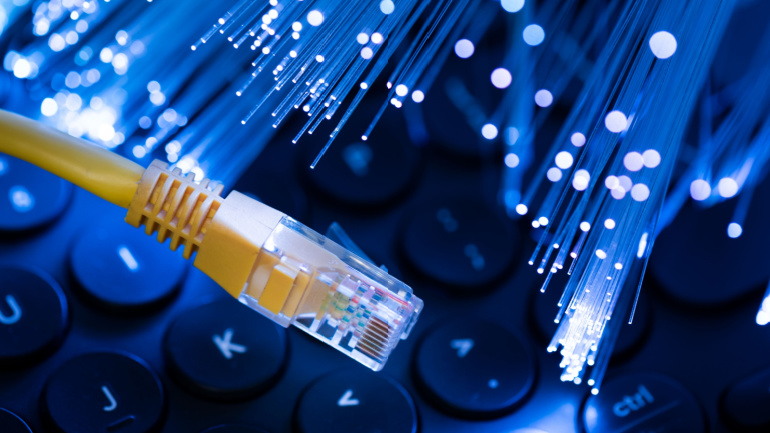In an ambitious move to enhance mobile connectivity across Japan, Rakuten Mobile has announced its plan to offer satellite-to-mobile services by 2026, partnering with AST SpaceMobile. This initiative aims to leverage AST SpaceMobile’s space-based cellular broadband network, enabling direct access to smartphones for text messaging, voice, and data services.
In a significant move to bolster innovation and development in mobile network technology, the US government, through the National Telecommunications and Information Administration (NTIA), has allocated $42.3 million to support research in Open RAN. This investment is part of a larger $1.5 billion Public Wireless Supply Chain Innovation Fund aimed at enhancing the Open RAN ecosystem. Leading the charge are telecom giants AT&T and Verizon, in collaboration with a consortium that includes notable academic institutions, industry manufacturers, and international telecom operators NTT DoCoMo from Japan and Reliance Jio from India.
In a significant development for remote connectivity, Telstra, the Australian telecom giant, has initiated the transition of its remote mobile sites to the low Earth orbit (LEO) satellite network provided by Eutelsat OneWeb. This move marks a departure from the traditional geostationary (GEO) satellites, aimed at reducing latency issues and meeting the growing demand for real-time services among customers.
Anticipate a sweeping change in home entertainment in South West England with broadband provider Truespeed’s partnership with Sky. Delivering ultra-fast broadband enriched with Sky TV and Netflix programming, this new package aims at offering premium digital connectivity alongside quality entertainment. An intriguing insight to the world of Sky Entertainment and Netflix is bundled with the high-speed internet from Truespeed for a rewarding viewing experience.
In a groundbreaking move, Viasat, Inc., alongside Terrestar Solutions, Ligado Networks, Omnispace, and Al Yah Satellite Communications Company (Yahsat), have come together to announce the formation of the Mobile Satellite Services Association (MSSA). This new consortium is set to enhance and promote the burgeoning Direct-to-Device (D2D) communication landscape, promising to deliver unprecedented scale and diversity in mobile satellite services.
In a significant move for the telecommunications sector, Parallel Wireless has partnered with SUSE to integrate the SUSE Adaptive Telco Infrastructure Platform (ATIP) into its Open RAN solutions. This collaboration marks a pivotal step in enhancing the flexibility, security, and cost-effectiveness of managing and processing data in network operations.
The FCC has recently approved rule changes aimed at streamlining access to the 70 GHz, 80 GHz, and 90 GHz spectrum bands, immensely benefiting airborne and waterborne vehicles and promoting more innovative broadband service options. These updates will also impact the way backhaul service for 5G operates, enabling smaller, lower-cost antennas to be utilized, and ensuring a more efficient use of the spectrum through modifying the link registration process.
In a significant development in the field of satellite communications, Hellas Sat has joined forces with Thales Alenia Space, a collaboration between Thales and Leonardo, under a newly signed Memorandum of Understanding. This agreement marks the beginning of their joint venture on a pioneering optical communication satellite project.
In a quest to bring hyper-fast broadband to Scotland’s most rural regions, the Scottish government launched the ambitious R100 (Reaching 100%) project. Backed with sizable financing, R100 aims to boost connectivity for over 180,000 premises. However, stumbling blocks including bidding disputes and slow deployment have pushed timelines back, igniting debates over the project’s efficacy and cost-effectiveness.
CTIA President and CEO, Meredith Attwell Baker, has underlined the pressing need for a national spectrum policy synchronized with recent presidential directives. Pointing to the drawbacks of not conducting spectrum auctions, she asserts that inaction could further extend America’s shortfall in this domain. Expounding on an upcoming plan, Baker believes that the imminent strategy has the potential to amplify America’s lead in wireless innovation.













